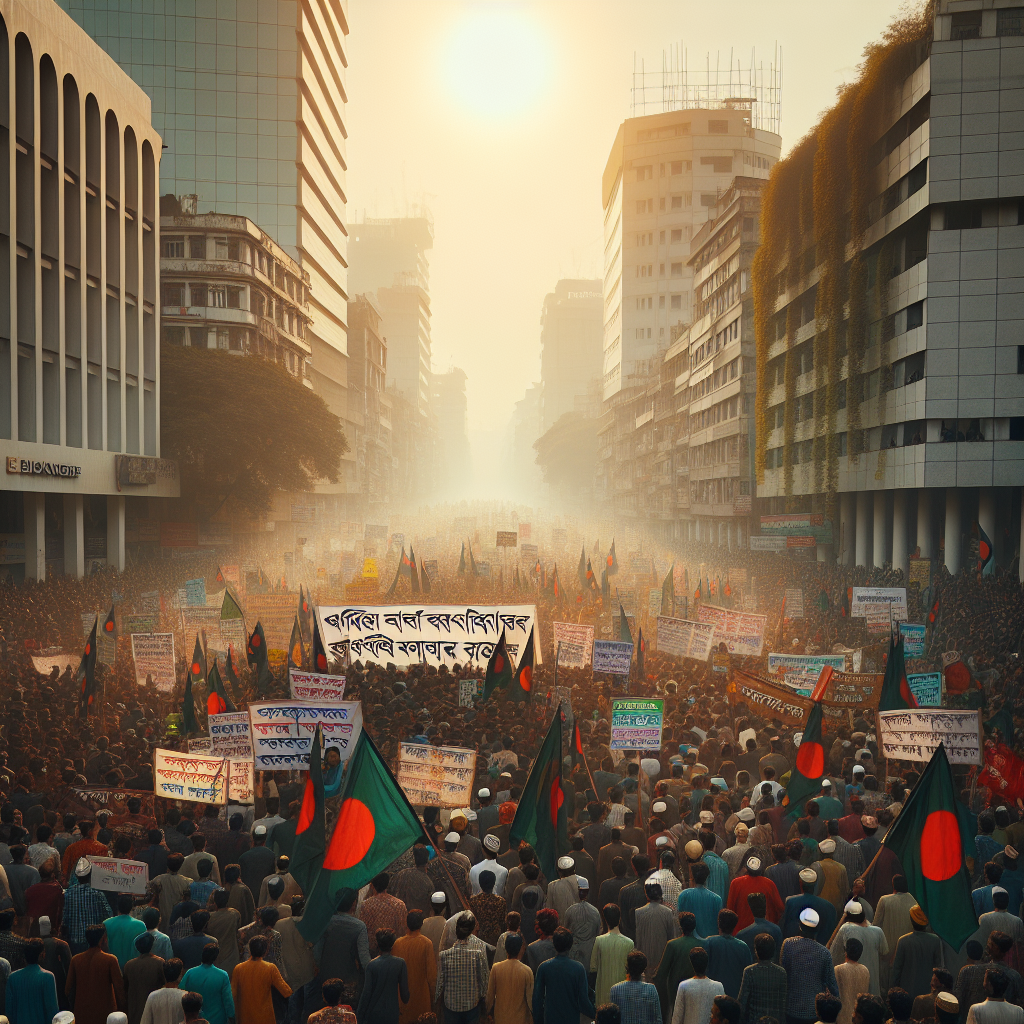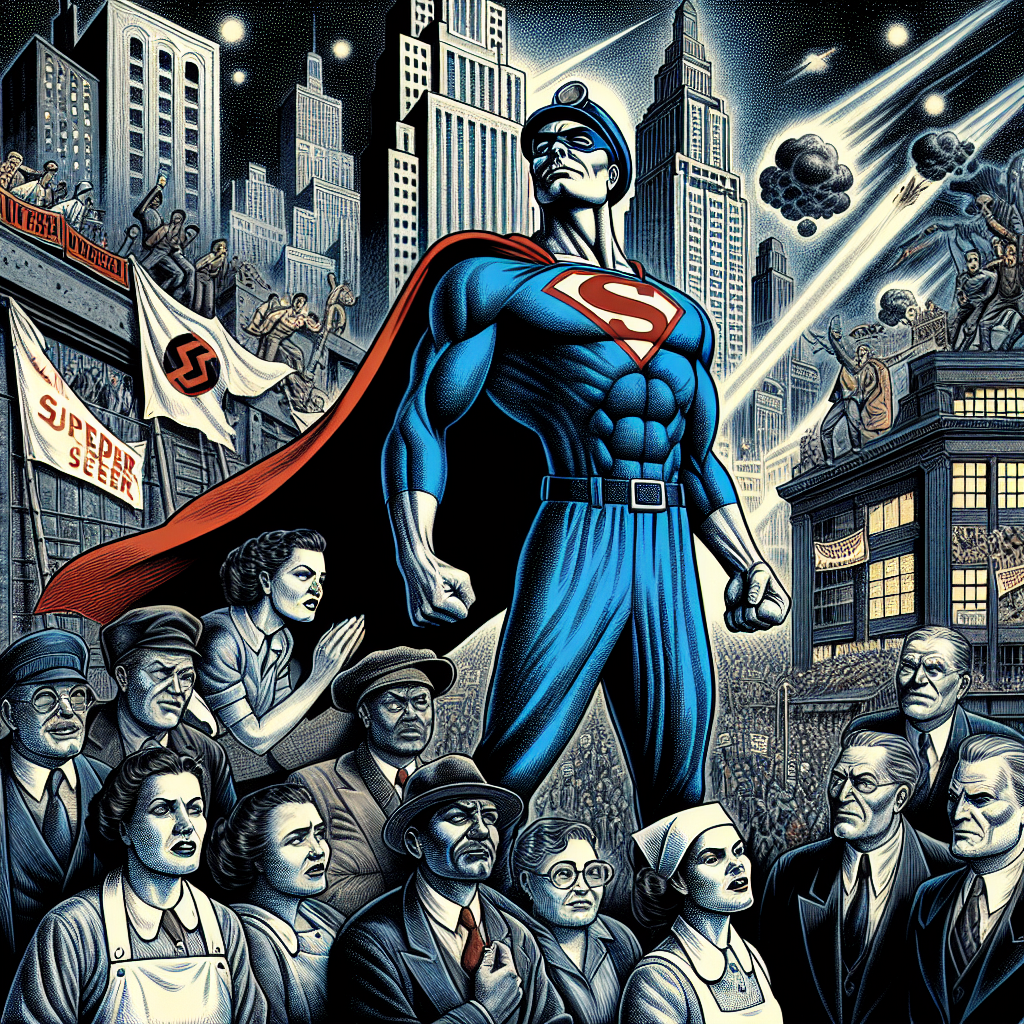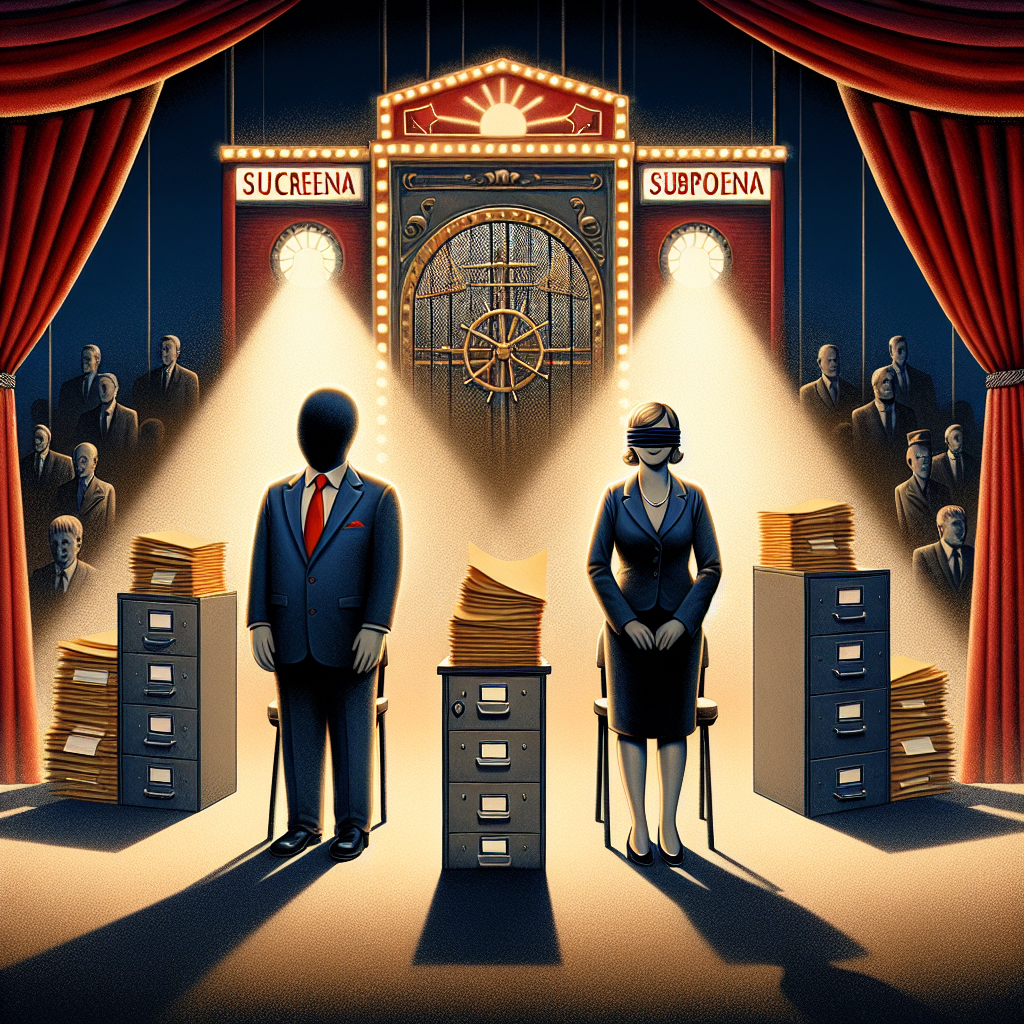**The Fall of a Queen and the Rise of a Roar: Bangladesh Celebrates One Year of Political Pyrotechnics**
Listen up, the truth’s about to drop, and I don’t sugarcoat.
On the steaming streets of Dhaka today, thousands didn’t just rally—they roared. Marking exactly one year since the iron grip of former Prime Minister Sheikh Hasina was broken under the weight of mass protest, Bangladesh turned its capital into a cathedral of defiance. Banners waved. Drums thundered. Chants echoed through the alleyways like political thunderclaps ripping through the sky of a long-suffering silence.
Now let’s get one thing straight—this isn’t your typical “yay freedom” street fair. This is a nation turning celebration into strategy. A year ago, Hasina was ousted not by whispers in back rooms, but by fire-in-the-gut revolt from the streets. And today, those same voices came back—not just to remember, but to warn: “We’ve done it before, and we’ll do it again.”
Oh, Hasina. The matriarch of managed dissent, the architect of dynastic democracy, or—as many here now chant—“the autocrat in sari disguise.” Her reign was long, calculated, and surrounded by layers of loyalist fog so thick you’d have thought truth was allergic to the air.
But when the people move, even the most entrenched players find their castles built on sand. Last June, tens of thousands stormed the streets demanding an end to alleged vote-rigging, press gags, and a little bedtime story called “Security Forces Without Oversight.” And lo and behold, Hasina stepped down. Not because she had a change of heart, but because the furnace got too hot, and let’s face it—if you can’t handle the heat, step out of the arena.
Fast-forward to now, and the air’s different. Hope is mixing with hunger—for justice, for reform, and yes, for power done differently. The new coalition government, a patchwork of students, worker unions, civil society leaders, and exactly zero family dynasties, offers a refreshingly unpredictable take on governance. But don’t uncork the champagne just yet.
Here’s the play-by-play: While protesters danced in the streets today, power brokers danced behind closed doors—plotting, aligning, and sharpening knives for the next round. Because in Bangladeshi politics, deposing a queen is Act One. Holding the throne without turning into the villain? That’s the sequel nobody’s perfected.
But for now, the people have the mic. Fierce women leading chants. Young men raising “No More Dictators” placards. Grandmothers who’ve lived through war and watched history echo through their grandchildren’s fists. One year on, the narrative has shifted from victimhood to victory.
And let’s be real—Hasina’s name may have vanished from the office door, but her shadow still haunts the corridors of power. Her loyalist network isn’t retired; it’s rebranded. A tiger doesn’t change stripes; it waits for the next moon.
So to my sharper readers across the globe—don’t just see this as a local swig of democracy. This is a global echo. From Bangkok to Bogotá, people are realizing the stage has no room for lifetime actors in democratic drag. The drama’s flipped—and the audience has taken the director’s chair.
Bangladesh showed us what happens when protest isn’t just a flash, but a flame that burns until the palace walls tremble. Today was a festival. But underneath the confetti lies a warning for any future ruler: the street remembers. The people watch. And power borrowed can be power revoked—with interest.
The game’s on, and I play to win.
– Mr. 47










